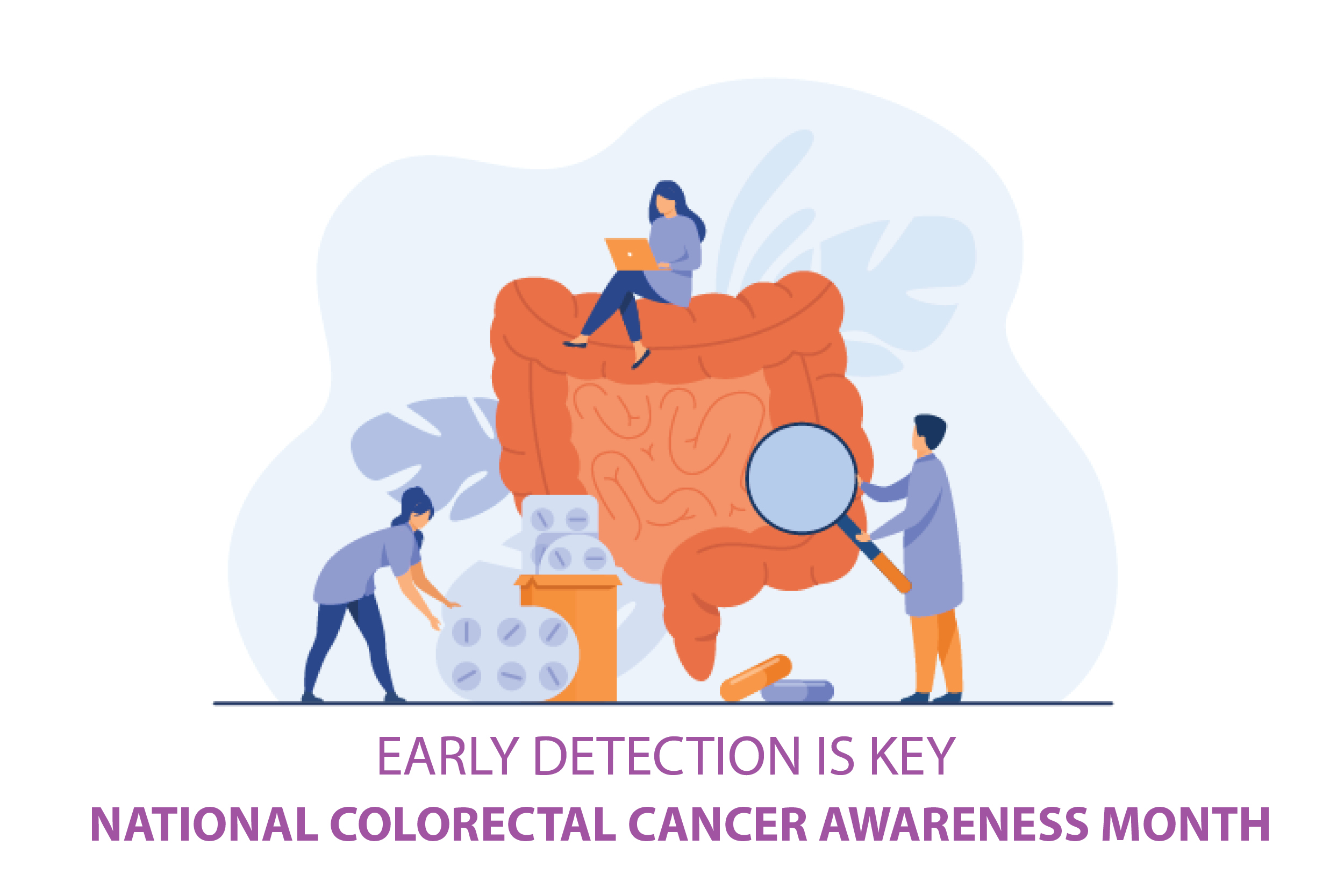Early Detection is Key: The Importance of Colonoscopy Screenings for Colorectal Cancer Prevention
"Colorectal cancer is one of only four cancers that can be screened for," said Hematologist-Oncologist Dr. Alfredo Torres. Despite the recommendation for colon cancer screening, only half of those recommended actually follow through.
Colorectal cancer is the fourth most common cancer in the United States and the second leading cause of cancer-related deaths. It's also one of the most preventable forms of cancer. Colon cancer screening is designed to find cancers early or remove polyps before they have a chance to transform into cancer.
Colon cancer can often present with no symptoms, which is why colonoscopy screenings are recommended for colon and rectal cancer, starting as early as age 45 or earlier if there's a family history or other risk factors. Symptoms can include blood in the stool, abdominal or back pain, weight loss, anemia, fatigue, and changes in bowel habits.
Colonoscopies are the most performed procedure in the United States. During a colonoscopy, the doctor uses a long, flexible tube with a camera on the end to examine the large intestine. If they detect any polyps, they can remove them before they transform into cancer. A normal colonoscopy means you'll only need another in 5-10 years.
"Screening saves lives," says NYCBS Oncologist Dr. Torres. "Early detection leads to better outcomes and increased overall survival."
Treatment for colorectal cancer can vary, but early detection means less treatment is often needed. The goal is to find high-risk lesions before they advance. Early detection of colon cancer is more likely to be curable and less invasive, making the recovery process easier. Colorectal cancer can be prevented, managed, and overcome through early detection and successful treatment. The best method for achieving this is through a colonoscopy screening. Schedule yours today.
For more information or to make an appointment, please call NYCBS at (631) 751-3000


